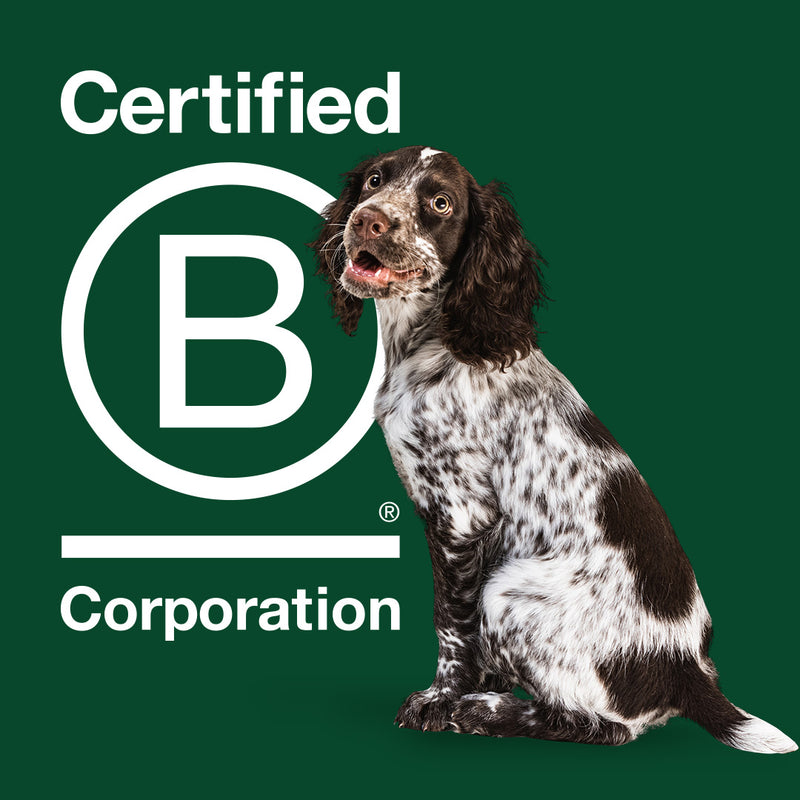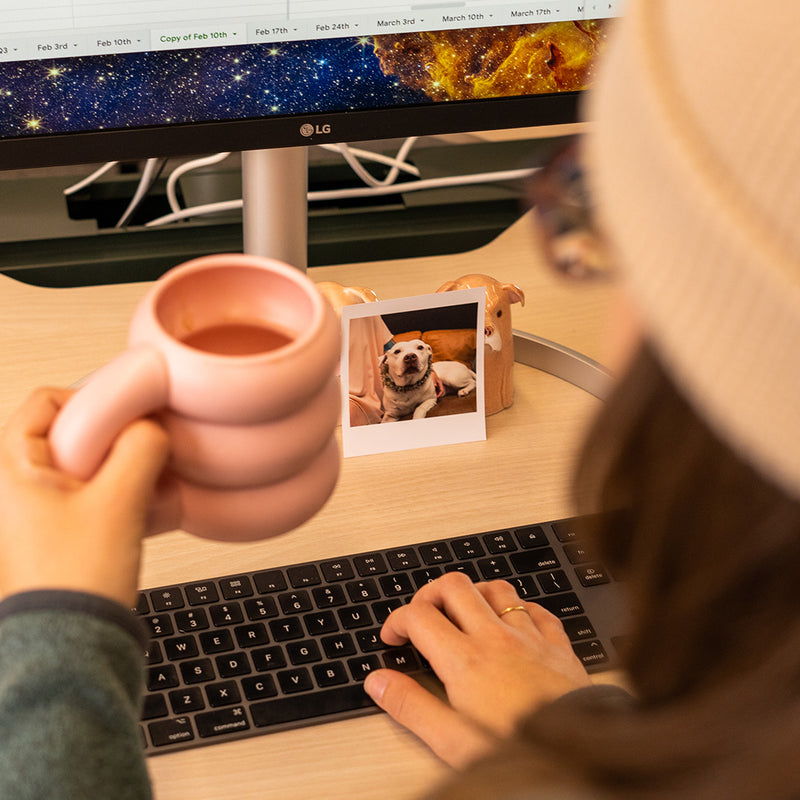Dogs are sometimes known to have sudden bursts of energy, running back and forth and appearing over-stimulated. Though the official scientific term for this behavior is called
frenetic random activity periods (FRAPs), most people know them as the zoomies! Though these episodes can be quite comical to watch, what are zoomies all about?
There are many different theories as to why dogs get the zoomies. One theory simply comes down to a dog's need to release pent-up energy. This is especially common in younger dogs or breeds that are known for being high-energy, like Australian Shepherds or Border Collies.
Another reason could be related to stress or anxiety. Dogs can become anxious for a variety of reasons, such as being in a new environment or being separated from their usual guardians.
It's also possible that the zoomies are simply your dogs' way of expressing themselves and telling you they're keen to play! Since dogs can't speak, they often use their body language to tell us how they're feeling.
Have you noticed a pattern with your dog getting the zoomies immediately after they poop? Another theory is that this behavior may be instinctual, as though running around helps disperse their scent, as a way for them to mark their territory. Either way, post-poop zoomies happen. And when they do, rather than fumbling for loose poop bags stuffed in your pockets, a
poop bag dispenser that attaches directly to your dog's leash can be a godsend.
So, while the exact reason for why dogs get the zoomies isn't always black & white, generally-speaking, zoomies are completely normal and indicate healthy behavior in dogs. Should your dog begin acting out of character, appearing stressed, or causing harm, it's always best to consult with a veterinarian or a professional dog trainer to rule out any underlying medical or behavioral issues.












